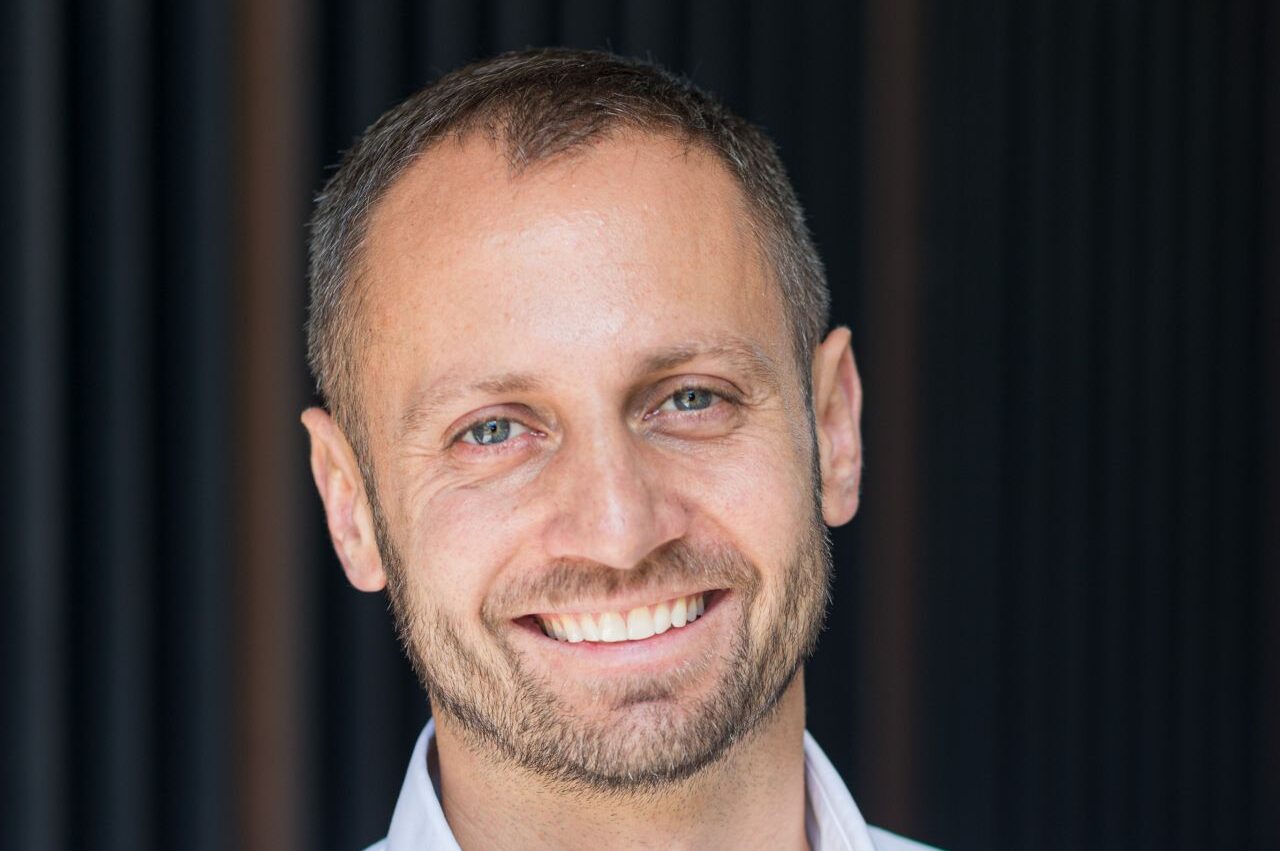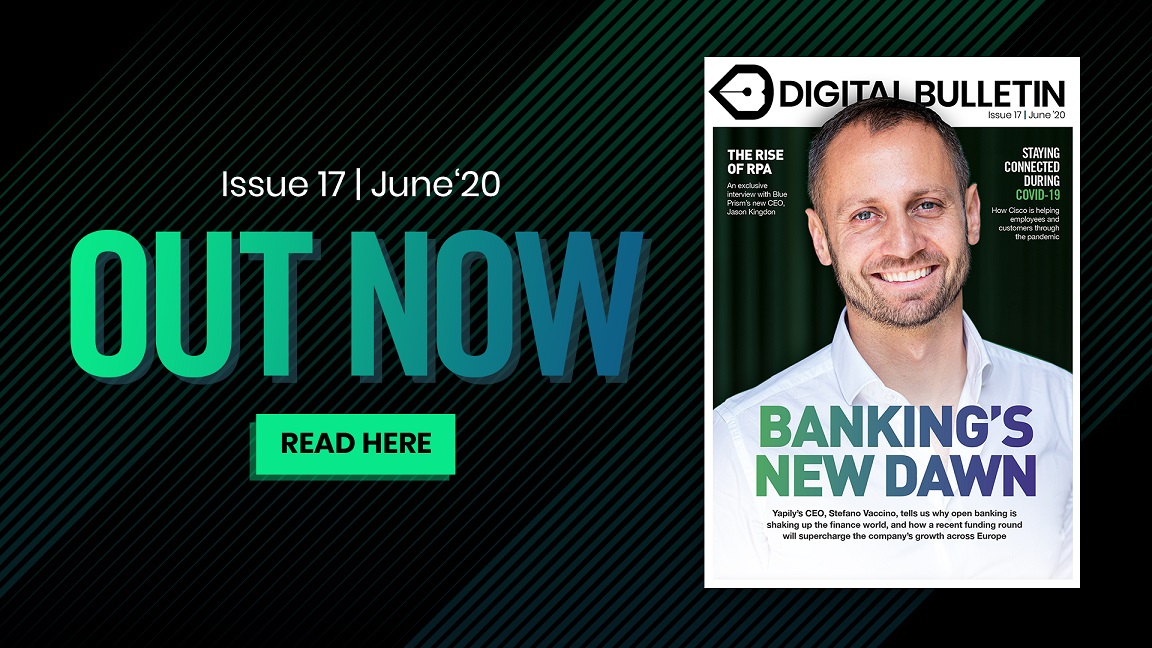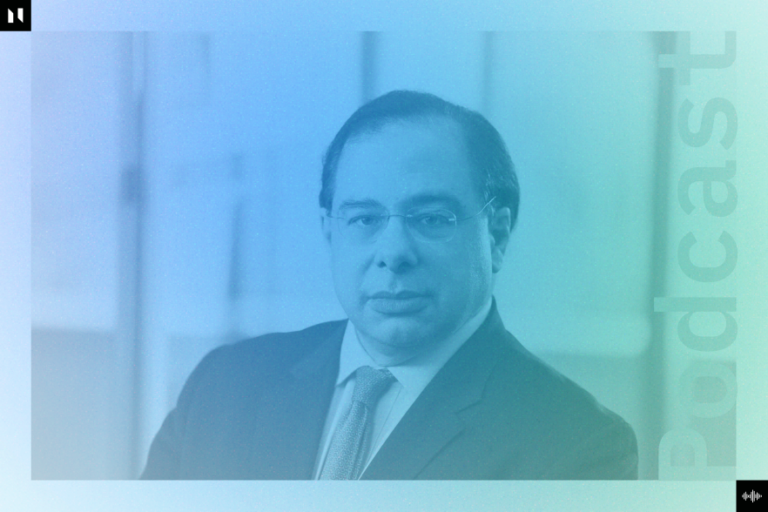
It takes a degree of boldness to make a career-defining decision on the back of one convincing presentation. Yet three years ago, Stefano Vaccino did just that.
A graduate of Massachusetts Institute of Technology, a former Goldman Sachs trader, a successful innovation leader within startups – the fintech world was Vaccino’s oyster when he settled down to watch an address on the topic of open banking in 2017.
But so convinced was he by its content and the opportunities it presented, he took some decisive action. Vaccino quit his role with Red Deer immediately. Two days later, he founded Yapily – the London-based fintech company that is today making waves in open banking and financial services.
“For me, the opportunity was too big to miss,” he reveals to Digital Bulletin. “I was super-convinced on how this was going to change financial services, and I didn’t see many competitors in the space. My only fear was actually why I didn’t see many companies doing it already. Why were there only three or four, and not 100?
“And one thing I learned in the years prior to that was that if you don’t commit full-time, side projects rarely take off. That’s why I went full steam ahead straight away.”

Open banking is a movement that is altering the dynamics of financial services. By definition it is all about data; more specifically, the notion that data long-held by banks and financial institutions should be freely accessible, not least to whomever that data relates to, be it an individual or business customer.
Innovated in Europe over the last decade, open banking became further formalised in law in 2018. When the European Union (EU) enacted its Second Payment Services Directive, it became an obligation for banks to offer access to third-parties via an open API (Application Programming Interface). Along with the implementation of GDPR, the EU – over the course of a few months – transformed rules around data ownership and greatly increased competition in the banking sector.
“The main objective they had in mind was to allow more competition,” says Vaccino (pictured). “If you think about it, banks are selling services to the customer based on the data they have. They don’t make money on current accounts; they make money on loans, credit and lots of other services that they sell around that. But they were not sharing this data with the rest of the world. Forcing banks to create APIs and share data they have on their customers was going to allow for more competition.”
For the already-flourishing fintech ecosystem, this represented an opening into a previously closed-off sector. Today, Yapily – whose own API allows users to connect to multiple banks through a single interface – is just one of a number of companies set to thrive in a new era of open banking. Use cases are springing up in all manner of different areas, as Vaccino outlines.
“When you think about open banking, think about all the data on your bank account. So your name, your surname, your email address, your balance, all the transactions that you have done since you opened the account – now they can reach a service provider in a few milliseconds. For example, if you go and get a mortgage, instead of printing three months of bank statements [to prove your identity], you can share two years of transactions in milliseconds.
“Then there’s the accounting space. A lot of accounting software used by SMEs accesses client data using Excel or other rudimentary approaches – with open banking, this is now slick and secure and fast. Not only can SMEs receive better accounting software, but also faster access to SME loans. Overall, they will have much better financial services.”
It is not just in these areas that the principles of open banking are having an impact. In the payments industry it is set to have a similar transformative effort according to Vaccino, despite early reservations around privacy and security, and a historic demand by payments companies to exercise tight control over the end-to-end process.
While normally payments firms would charge up to 2% for a transaction, the open approach could allow for direct purchaser-to-merchant exchanges.
“In the more short and medium-term, we will hear much more about open banking payments because the benefits are very tangible and the cost-saving is immediate,” claims Vaccino. “Think about when you go on an ecommerce platform. If there was a button that allowed you to initiate directly from your bank account to the merchant’s bank account, this can ultimately become free, instead of the merchant being charged by the card provider.”
How have those in financial services reacted to this changing world order? A Capgemini report last year found that long-established banks were still slow in coming round to the idea of open banking. While 90% of those surveyed were in support of ecosystem-based business models, only 44% expressed interest in orchestrating an ecosystem of their own.

But Vaccino views it from a more optimistic perspective and actually believes that not only will banks benefit from sharing data with their rivals, but that the most forward-thinking will see the chance to generate extra revenues through “premium” APIs.
“The regulation mandates what they have to offer, which has a minimum common denominator – but now they have the opportunity to think, “okay, the regulations don’t force us to share passport information or mortgage account details”. If people want to access that, they will have to pay. So banks have the opportunity to create premium APIs on top of the mandated APIs. Then they can turn this regulation into a revenue opportunity.
“They are at different steps on the journey. Most are switching from compliance mode – where they have had to create this API – to thinking about how they can take advantage of it by integrating with other banks or selling other features on top.”
Open banking is evidently still at the start of its journey to maximum potential. Europe has undoubtedly led the charge, with the rest of the world still playing catch-up. In Asia, countries such as Japan and Hong Kong do not have laws but have introduced measures to encourage data sharing in financial services. The United States, meanwhile, has seen less appetite for open banking given the more complex nature of its regulatory environment.
Looking longer-term, Vaccino believes the movement will spread globally – and not just in banking. He says open data initiatives are likely to filter across a range of industries.
“We will hear much more about open finance,” he predicts. “Banking is just the starting point; other industries, like pensions, insurance, utilities – they are all embracing an open philosophy. It’s just a question of time before this will happen, it’s not an “if” any more.
“In just a few years from now, we will be able to serve multiple data sources off a single individual, and this single individual will be able to have bespoke services, much more bespoke to their personal situation. Open finance is going to be a big trend.”
Banking is just the starting point; other industries, like pensions, insurance, utilities - they are all embracing an open philosophy
Vaccino hopes Yapily will be ready to take advantage. The company has faced similar challenges to most in recent months, namely around the transition to remote working and the impact of the coronavirus on its business pipeline. Vaccino even contracted COVID-19 himself, just as Yapily was finalising an investment round.
“It was a bit scary for me because I was worried I wasn’t going to be available to sign the documents, and if I couldn’t sign the documents then this funding round would not happen,” he reveals. “This was in March, so now I am recovered and healthy. From a company perspective, we quickly told the team what changes we were going to do. We are now all working from home, the productivity is very good and we are continuing to draw business.”
Confirmed in April, Yapily managed to raise $13 million from the Series A funding round led by Lakestar and existing investors HV Holtzbrinck Ventures and LocalGlobe. It has now pocketed a total of $18 million in funding and plans to spend the extra cash on expanding its team and building out its services.
“Open banking has reached a maturity by which it made sense to accelerate our growth,” concludes Vaccino. “The money will be used to grow our technical team and integrate with many more banks, first across Europe and then maybe into other continents.
“To sell into most European countries, we will need a commercial team with the right language skills, so we will improve our sales effort. And for the type of client we are going after, which most of the time are mature tech companies, we need to offer what I call enterprise-quality services.”



